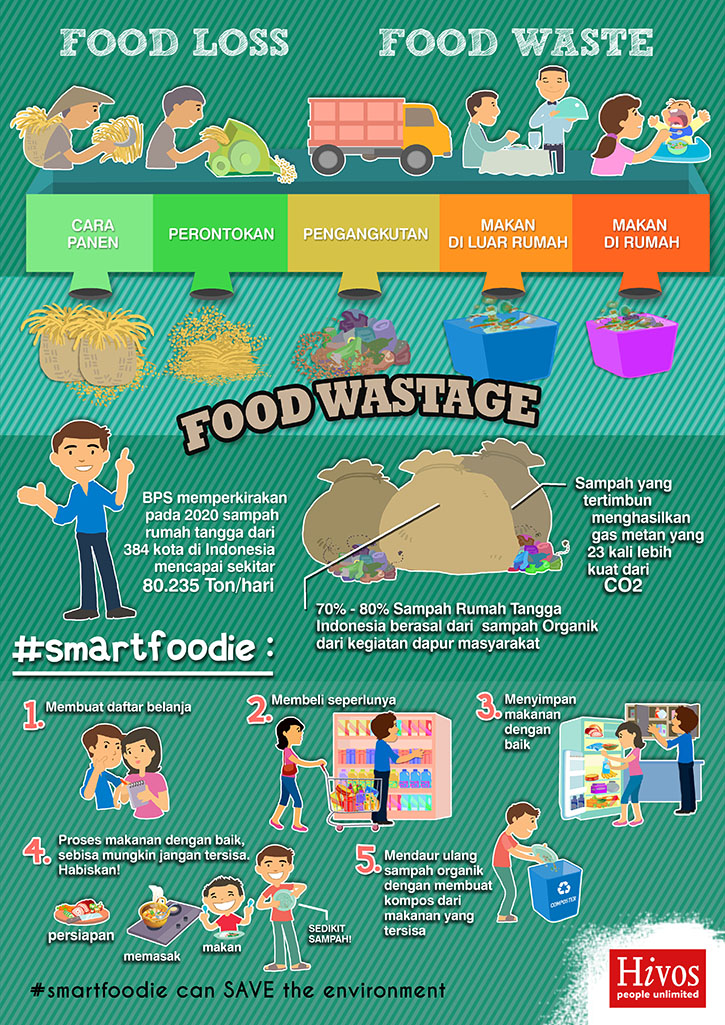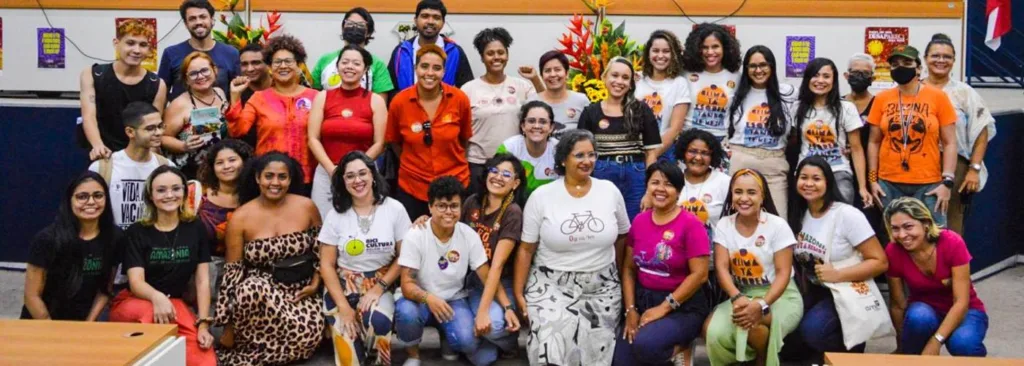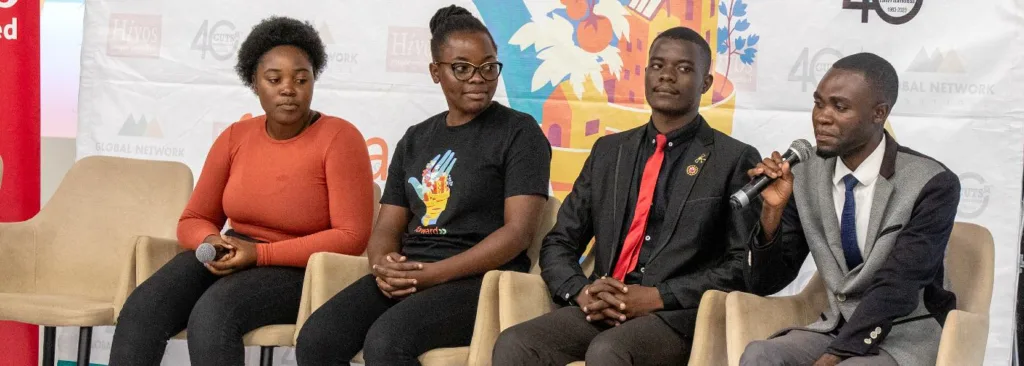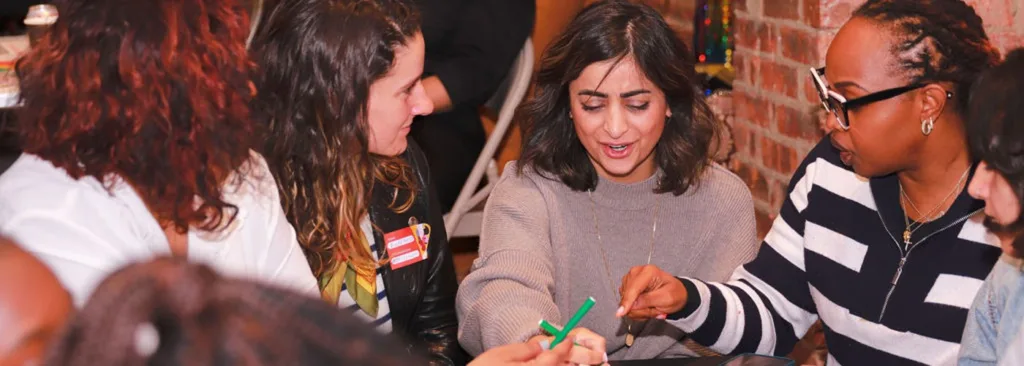Did you know that 60 percent of the people in the world throw out perfectly good food because of its expiry date or because they no longer want to consume it? According to data from the Government of Jakarta, each citizen wastes 0,5 kg of food a day, which means Jakarta produces approximately 7500 tonnes of food waste every single day.
Food waste, according to the Food and Agricultural Organization (FAO), is either produced during food processing or by the wasteful behaviour of food sellers and consumers. It is really an enormous problem because in order to produce food, including food that will eventually become waste, we need to use both energy and other valuable resources such as such as clean water.
Just think – our planet uses up 25 percent of its clean water supply to grow food. Besides that, the earth also supplies 300 million gallons of oil for food processing and sacrifices more than 9,7 million hectares of its forest to cultivate food crops. So throwing away food that is still edible means we are wasting all the energy that the planet has already put into producing it. Not to mention the greenhouse gasses that result from our food waste. The decomposition of organic matter creates methane gas, which is 23 times more powerful compared to carbon dioxide (CO2). Methane gas contributes significantly to the increase of greenhouse gasses (GHG) and speeds up the process of climate change. According to the FAO, food waste contributes eight percent overall to the amount of GHG in the atmosphere. This means that whenever you throw away food, you are also contributing to climate change.
Hivos has therefore launched the sustainable diets for all (SD4ALL) programme, a five-year strategic partnership with the Dutch Government to transform the food system to be healthier, diverse, respectful of ecosystems, sustainable, economically fair and affordable for all – and to help mitigate climate change. Addressing food waste is one of the major strategies in our SD4ALL programme.
SD4ALL mainly focusses on lobby and advocacy. Together with other civil society organisations, Hivos runs strategic campaigns to influence the policies and practices of governments, consumers and the private sector.
In October 2016, Hivos Southeast Asia launched a campaign called “#smartfoodie can save the environment” as a part of the SD4ALL programme. This campaign aims to educate the consumer about healthy and non-wasteful food behaviors. The #smartfoodie campaign has produced several infographics with simple rules of thumb for all of us on how to reduce food waste, for example, by checking food expiry dates to avoid buying it too late or throwing it away too soon.
So, if you care about the future of our planet and want to help fight climate change, you can start with something as simple as not wasting food yourself, sharing the #smartfoodie infographics with your networks and asking them to be mindful of wasting food themselves. You can download the #smartfoodie infographics here: https://www.facebook.com/Hivos.ROSEA/. The future of our planet is in your refrigerator and pantry!




